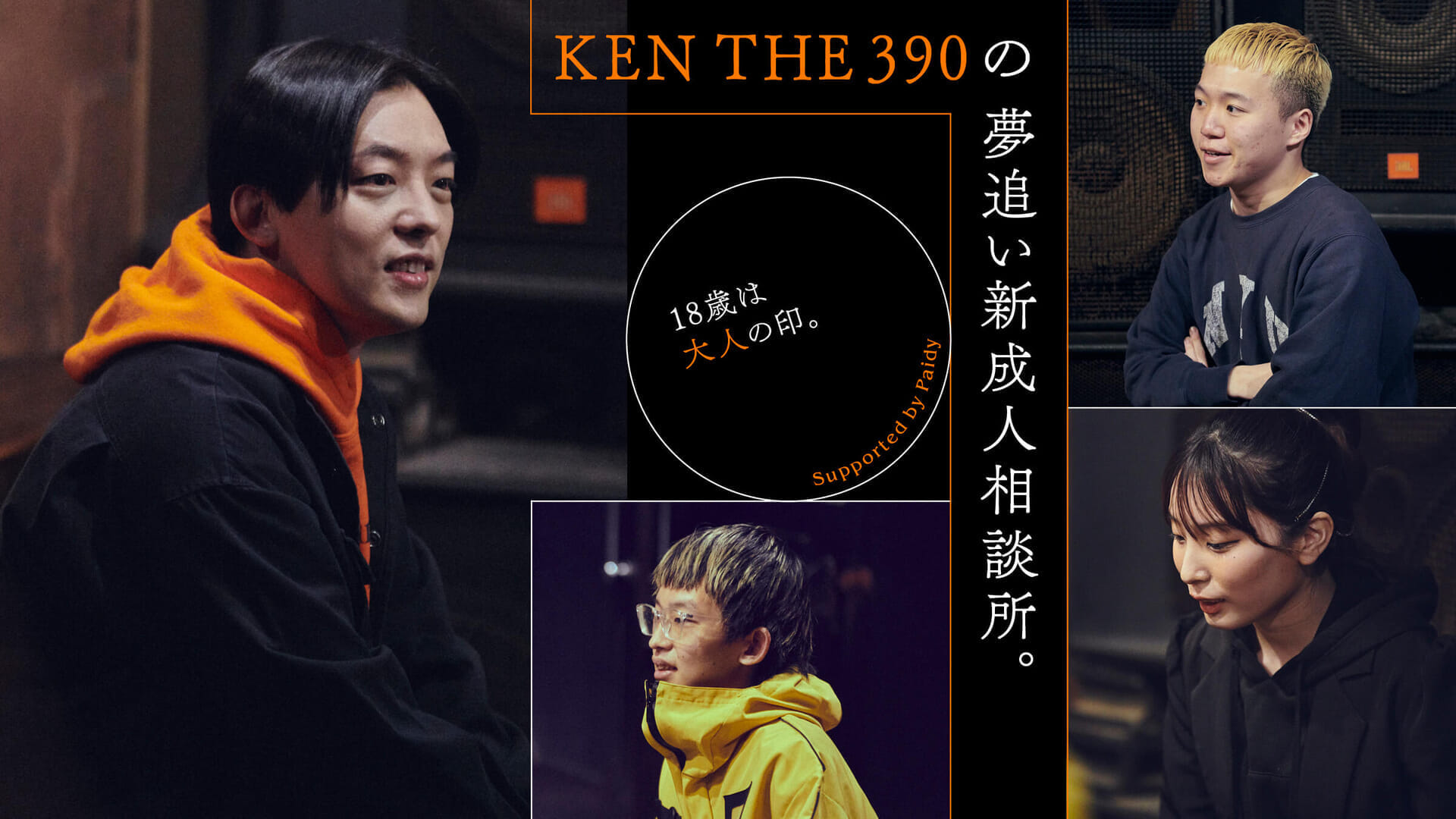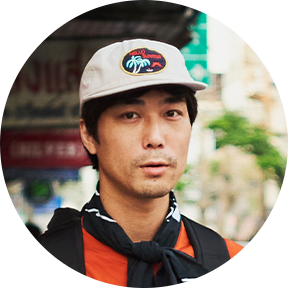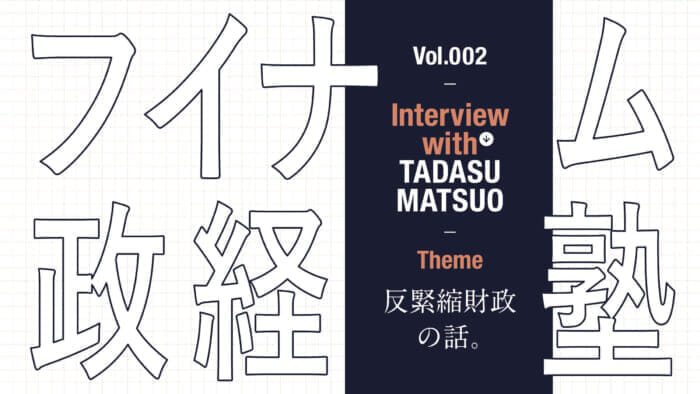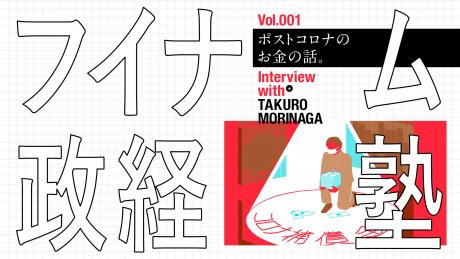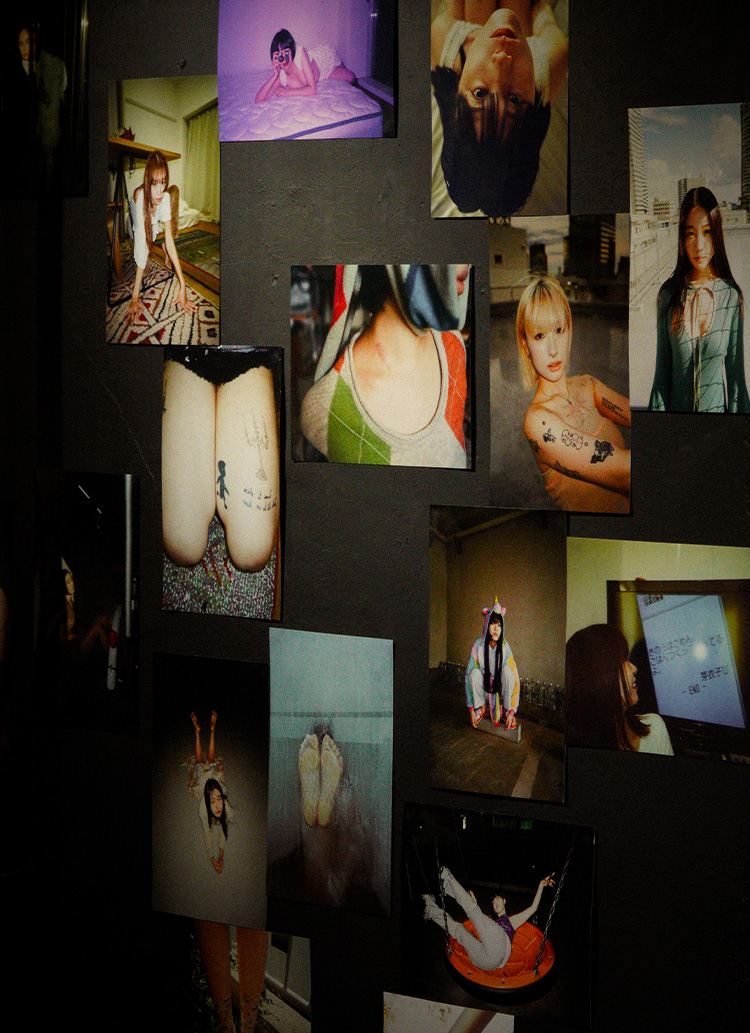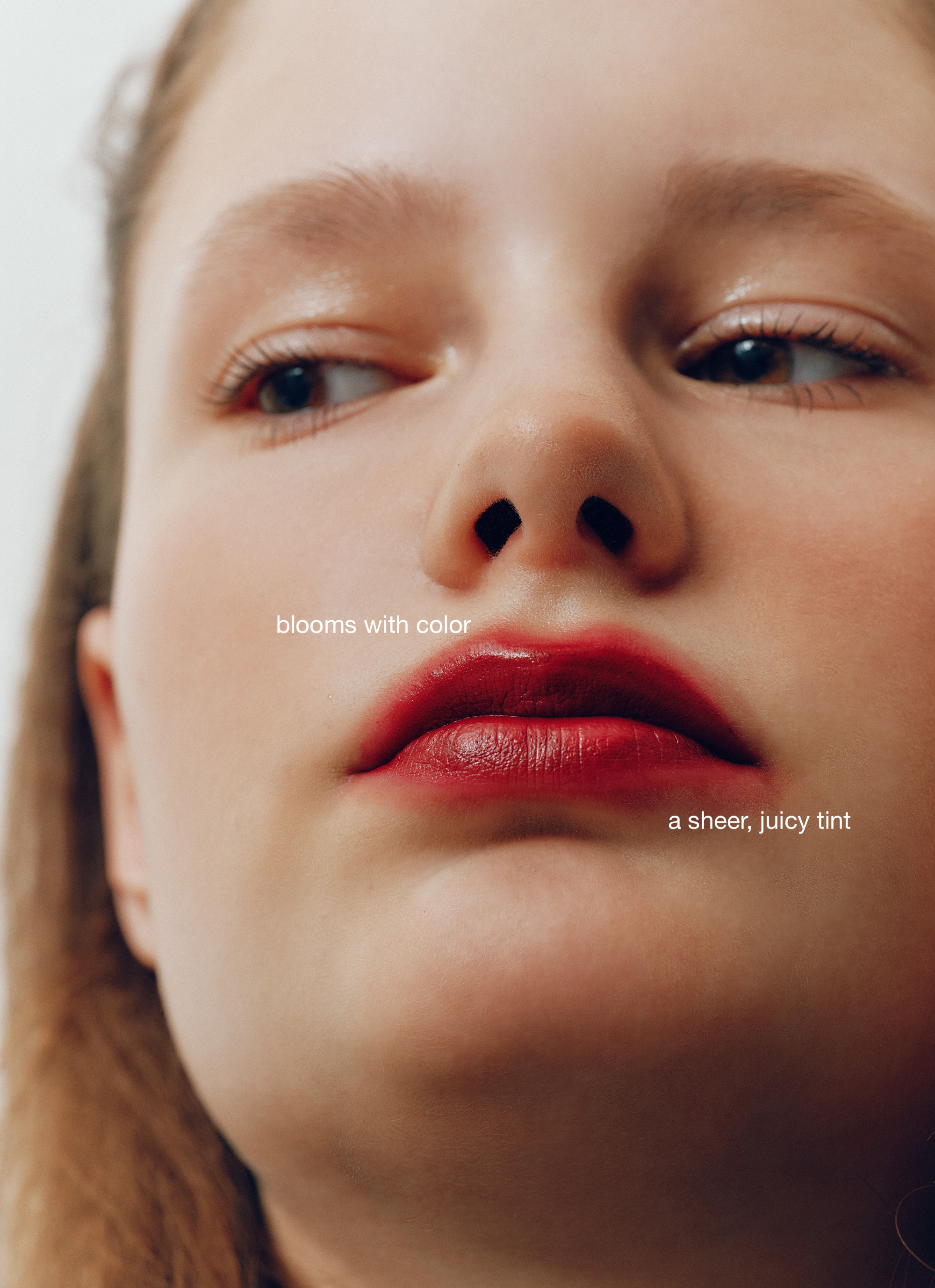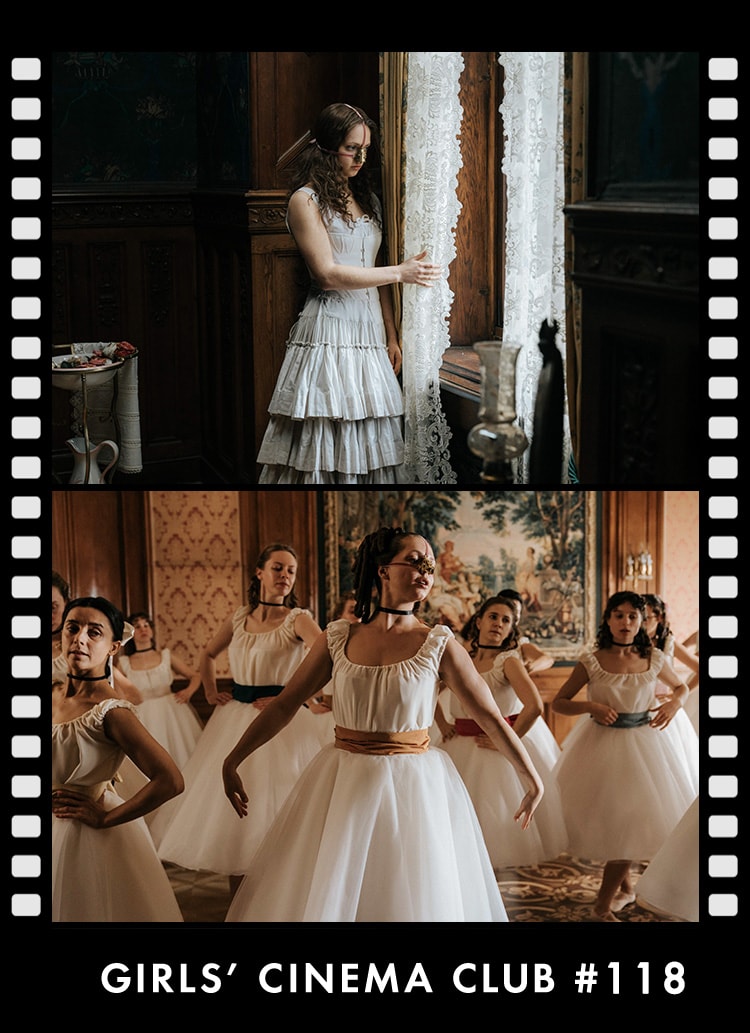I spent many agonizing days not knowing the right answer.
KEN:I don't know if this is helpful because everyone is too respectable (laughs), but when I was 18 or 19 years old, I was just starting to rap. I started when I was in high school, but I was just doing it as a hobby with friends until I studied for the entrance exams and entered Waseda University as a regular student. I met everyone in my circle and for the first time I felt like I could rap seriously, and I got a 10-minute slot at a very early time slot on a weekday at "FAMILY," where I am today, with a few other people. But there were hardly any people, so I would invite people and if I couldn't invite them, I would pay for the quota myself. . So I worked part-time on the days when there were no gigs, and on the days when there were gigs, I had to pay for the losses from the gigs. I wondered what I was working for (laughs).
All:(Laughter).

The recording took place at "club bar FAMILY" in Shibuya, which opened in 1996 and has produced numerous hip-hop artists. Of course, KEN THE 390 has been performing there since he was a university student.
KEN:I wanted to get as many gigs as possible, so I went to various clubs on my free days, and since there was no social networking service, I earned gigs by earning them with my feet. But at the time, I had studied hard, entered university, and worked hard in the eyes of the world, but in terms of hip-hop, I was away from it all. It was hard, too, because people would say, "Why is there a guy like you? I like it a lot, but I was wondering if it was really the right thing to do. I was also hitting a wall. When I was in high school, I only had my friends around me, so I thought that if I was the best among them, I would be invincible, or that I would change the times. But it wasn't like that, and I spent many days agonizing over what the right answer was because I felt like I was away from home.
Ishii:I moved out of Fukuoka a year ago, but when I came to Tokyo, I thought I could get away with it, and I was sure I could get away with it, but I was getting bitten all the time. About six months after I moved to Tokyo, I felt like I wanted to escape to nature.
KEN:I think it's cool, I know, I know! (laughs). ((You will say, "There are a lot of great guys here!")
Ishii:I was a positive person, but for the first time, a negative element came out of my body. I felt bad and consulted with many people, but in the end I felt that I had no choice but to do it, and that nothing would change if I didn't keep doing it. I am now in such agony that I even doubt my own talent. I came to Tokyo with a vision of success, but I wonder what kind of adult I will become.
KEN:. It's a path we all have to take, and it will happen many times in the future. When you meet various people and meet people of different ages whom you have not come in contact with before, you can objectively look at your own abilities, see the world you were aiming for more concretely, and understand what you are lacking. After becoming a member of society, I suddenly found myself in front of people in their 40s and 50s, and I had to reevaluate myself there. You hit the first step of what you have to do over and over again.

Zukiko:I'm doing an event, but the event I had planned to do was canceled at the time Corona started. I was 17 years old when the event went into the red, and I was like, "Hell, no! I was really upset, like, "This is hell (laughs)," but I still think that hip-hop is limitless, so I learned a lot.
KEN:From the outside looking in, that number of people is not an event of the scale that a teenager could move (laughs). It's amazing that you were able to bring it to the point where you could do it again by yourself. How about you, Shirakawa?
Shirakawa:Other universities also produce free newspapers, and when I looked at them, I found some very interesting ones. After looking back at the ones I have made, I realize that they are not that good. I make them because I think they are super interesting, but when I look at them after seeing the great ones, I am annoyed at myself for having been satisfied with such a poor one. I feel like I have to brush up and make something more interesting the next time I do it.
KEN:We always thought we had a great song until we released it. We listen to them a lot, but when they are released to the world, they may not be so good.
Shirakawa:Why did I leave it as it was? We were talking about changing it like this, and then I said, "No, this is better. I said, "No, it would be better this way," and then I said, "It would have been better to fix it.
KEN:Being appreciated gives you confidence, and there is a part of you that doubts yourself. When I don't get the recognition I expected, I wonder why. It would be nice if I could just say to myself, "I don't know what I'm looking at," but it's hard to come to that decision, so I get depressed. On the other hand, when I get more recognition than I expected, I feel more motivated. It's like, "I'm good!


